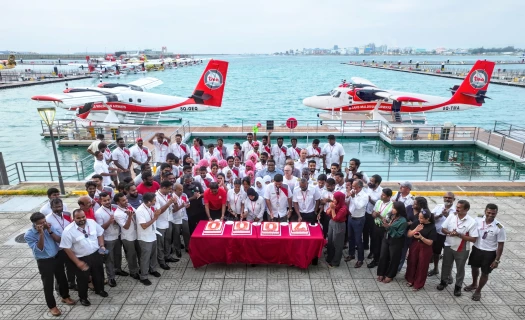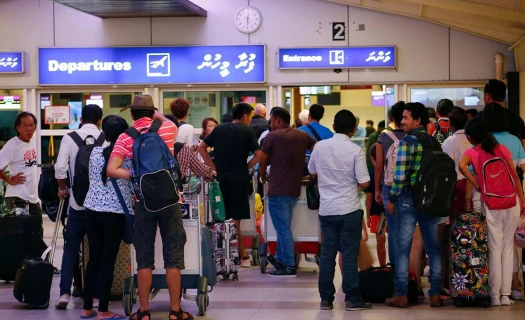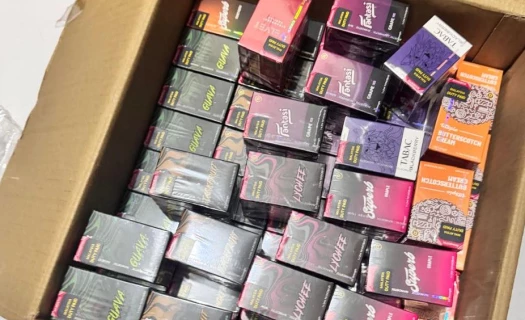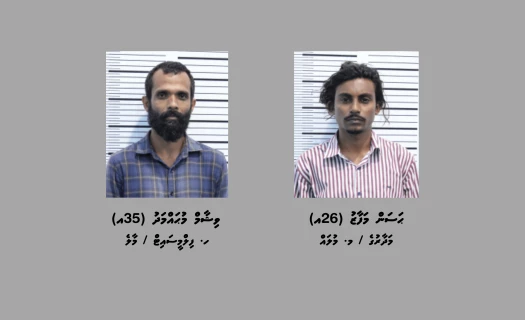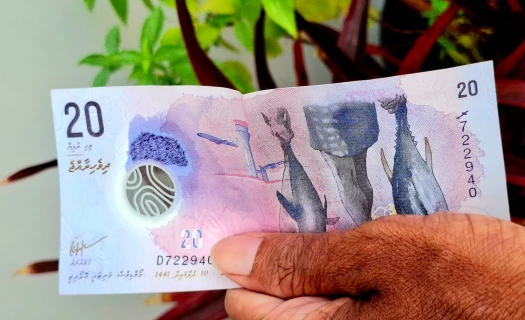Maldives protects two popular dive sites in Male’ atoll

The maldivian government has protected two major underwater pinnacles in the Kaafu Atoll, known as the Bodu Hithi Thila and the Okobe Thila.
Regarding this, the Ministry of Environment and Energy said that The two underwater pinnacles are protected under the Biodiversity Offset Plan or Compensation for Environmental Damage caused by the Gulhi Falhu dredging project.
Bodu Hithi Thila
Bodu Hithi Thila is located in the western part of Kaafu Atoll with an area of 127.47 hectares.
The underwater pinnacle , which is home to a large number of coral reefs and fishes, is also home to legally protected and endangered species such as several species of sharks, Manta Rays and Turtles.
The ministry said the area is recorded as a large number of fish gathering during the Northeast Monsoon and is frequented by locals and tourists.
Okobe Thila
Popular with divers, the underwater pinnacle covers a large area of 379.31 hectares in eastern Kaafu Atoll and has a large percentage of live coral with many small caves and overhangs.
the Ministry of Environment said research in the area shows that 73 species of fish live in this site, including endangered species such as Napoleon wrasses and turtles.
The ministry has outlined the prohibitions on these two sites. it is:
1) Exploration and mining for oil, gas or minerals of any kind.
2) Littering of any kind.
3) Land reclamation
4) Removal of sand, coral and lime.
5) Anchoring vessels
6) Establishment of structural development work or infrastructure.
7) Release of any pollutant
8) Co-aquaculture or maricultural activities
9) Killing, harming and capturing any object or living thing except for sustainable methods of catching bait
10) Taking the eggs of any living thing or damaging their nest.
11) Introduction of any kind of organism
12) Feeding any living thing, including fish and birds
13) Illuminate the area at night
14) Making noise that disrupts the habits of the living things there
15) Catching any species of small fish other than the common bait used in Maldives
However, under the prescribed procedure, these areas will be allowed to be visited, researched and worked on for restoration or rehabilitation purposes, said the ministry.
